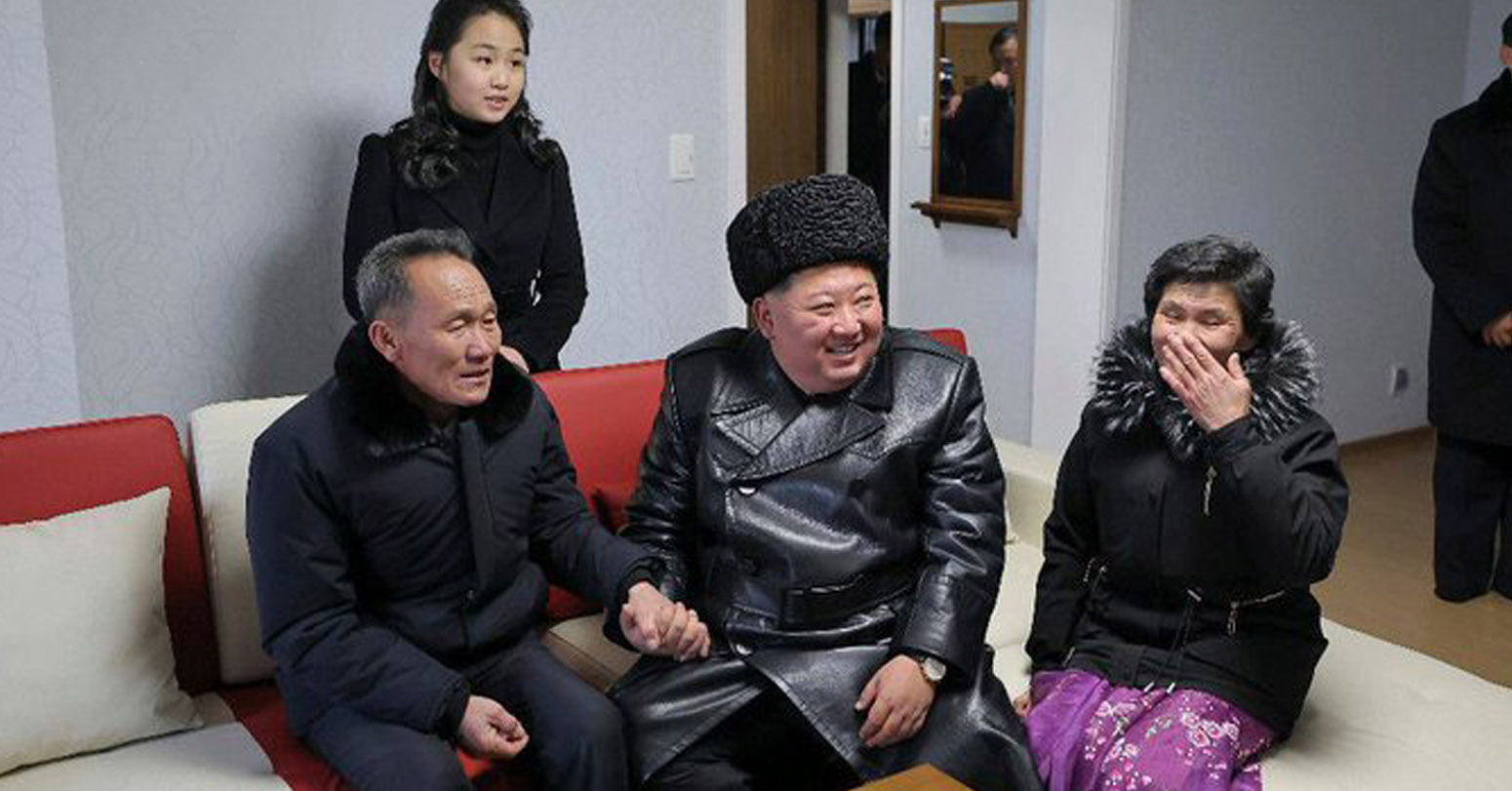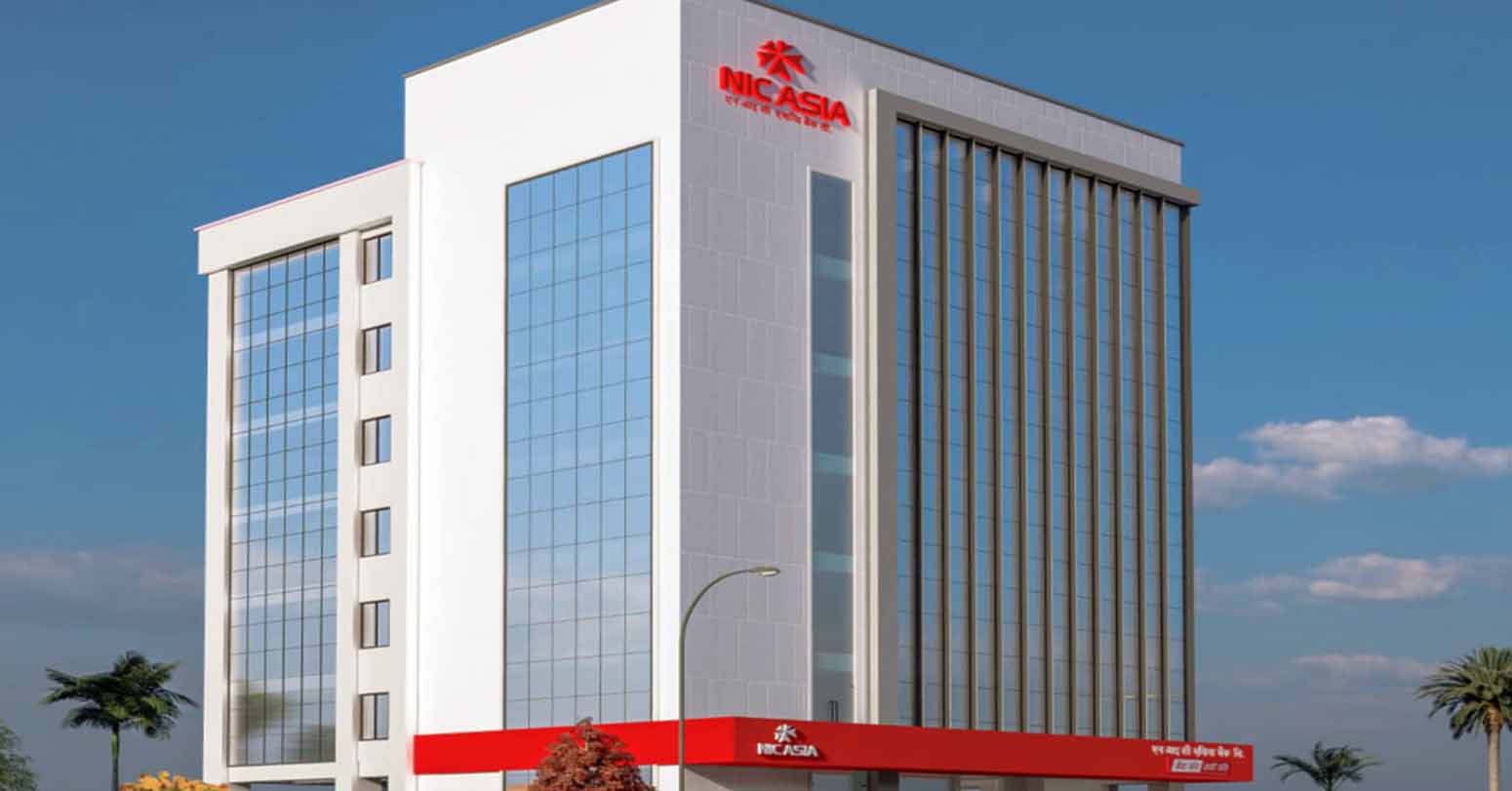
NIC Asia Bank has been dealing with one financial issue after another in recent days. The bank that claims to be one of the best is in difficulty owing to management's incompetence. Based on the facts, the bank's financial status is deteriorating significantly. The bank's income has dropped sharply. Bad loans have escalated, and deposits are being withdrawn in considerable amounts. The buildup of non-banking assets that cannot be sold, central bank monitoring, loss of client confidence, and a drop in share price all hint at NIC Asia Bank's downward journey. After discovering the bank's challenging circumstances, depositors began withdrawing money in haste. Customers withdrew around 14 billion rupees in the month of Magh alone. In Falgun, the order has increased much further.
In Poush, the bank's total deposit was 381 billion, 400 million rupees, but that number fell to 367 billion, 68 million rupees. The bank's problematic loans are up by more than 95%. Until the end of Poush, the bank's bad loans stood at 1.90 percent. This compares to merely 0.61 percent in the same time previous year. According to the bank's second quarter financial statement, its bad debts total 3 billion, 48 million rupees.
The bank's net interest income declined by 10.13 percent, as did its operational profit by 24.13 percent. The bank's distributable profit was negative at Rs 592.2 million at the end of January. Along with the result, the bank's profits per share fell from Rs 31 9 paisa to Rs 25 52 paisa.
Banks' deteriorating statistical position
- Bank's profits has decreased by around 42 percent this year.
- Bad loans went up by 95%.
- More than $3.5 billion in non-banking mortgages.
- Forced to cover a ''loan loss provision'' of five billion 62 crore rupees if the loan is not increased
- Legal case at the judiciary's level seeks to recover one billion rupees from more than 80 debtors.
- Interest income fell by 10.13 percent and operational profit by 24.13 percent.
- The distributable profit is negative by Rs 59 crore, or Rs 22 lakh.
- Earnings per share fell by Rs 31.9 paisa.
- 14 billion in deposits handed back within a month.
While the commercial bank sector's total deposits increased by around 12 billion rupees, those of NIC Asia have dropped. According to data from the Nepal Bankers Association, NIC Asia Bank's deposits declined by 14 billion rupees in Magh alone. To match the capital reserve, the bank included 1 trillion 34 billion in bogus loans in the Basel report. Residential loans account for around 47 percent of the bank's total loans of two trillion, 93 billion. Rashtra Bank offers a maximum interest rate of 25% on home loans. However, the bank's administration is using a lot of propaganda to cover the issue.The bank uses content advertisements to promote itself on social media. Instead of addressing the issue, the bank opted for Facebook promotion. NIC Asia Bank is also listed on the Nepal Stock Exchange Limited (NEPSE) under the category of organized organizations. NIC Asia, which self-describes as 'outstanding', has been placed in the 'B' group, while eight other banks are in the 'A' category. This also reveals the problem of NIC.
Non-banking assets accumulated, as authorities stood by
Non-banking assets are the most kept in banks. The borrowers claim that bank management overvalues loans and confiscates mortgages in prime areas in the guise of auction when loan payments are delayed. Instead of selling confiscated property to the wider public, the bank keeps it. According to sources, the bank's non-banking assets are over $3 billion. There is a legal provision that such non-banking assets be auctioned within two years. However, the bank's management and directors also breached this rule.
Although it is against the policy to retain non-banking assets, the Nepal Rastra Bank has been reluctant to take action against them. As real estate (non-banking assets) accumulate under the bank's name, the cash balance decline. The same thing is happening throughout NIC Asia.
Among Nepal's banks and financial institutions, NIC Asia has the most legal cases after acquiring several debtors' possessions. Debtors are obliged to go to court after being duped into believing that the bank is also a friend.
While various unlawful operations are taking place at NIC, the regulator, Nepal Rastra Bank, has become a mute spectator. Previously, the bank subjected late-paying customers to mental agony and social humiliation by stationing security officers at their homes. Officials from the central bank disregarded it and offered their passive support.
Abuse of interest concessions!
The bank has confiscated the mortgage of a debtor worth 60 million rupees for 2 million rupees in Maitidevi. The victims' agony is widely publicized on social media platforms. Similarly, the incident in which Rajesh Rawal, the manager of Kapilvastu's branch, assaulted the staff members has gone viral. Borrowers protesting against NIC Asia Bank's actions and chanting slogans have occasionally made headlines. NIC Asia Bank has made the majority of its investments in real estate.The International Monetary Fund (IMF) assumes that the bank abused interest concessions on real estate. Under the pressure of the fund, the state bank is required to perform an audit.
NIC Asia has a discriminating policy of offering exemptions to borrowers who do not make installments but not to borrowers who do. The IMF has called for an international audit into allegations of concession abuse by constructing lists of fictitious real estate loan debtors who have not paid more than one billion in payments.
Bank's MG Arjun Khaniya has taken on the responsibility of addressing these and other errors. According to sources, he manages the officials of the Rastra Bank. Recently, when fraudulent activities in the bank have gone public one after the other, Khaniya has attempted to flee by claiming to be unwell. Where Bank’s DCEO Santosh Rathi remain silent.
Sudhir Pandey, who was due to retire after refusing to testify to the wrongdoing perpetrated by mine and CEO Roshan Neupane under the director's orders, has resigned. However, CEO Neupane has progressively come to a terrible situation. It is unclear whether CEO Neupane could avert the bank's collapse.
Instructions to comment on, share social media posts and sponsored news from fake accounts
NIC Asia Bank is not governed by financial norms, rules, or the banking system; instead, it is managed by the primary investor Vishal Group and their own support. The whole banking industry has come under scrutiny as a result of the Bank's Chief Executive Officer (CEO) Roshan Kumar Neupane's unethical conduct. Bankers believe that the outcome is the result of CEO Neupane abandoning 'banking, ethics, moral and integrity' in favor of money, pricing, penalty, and distinctiveness,
Employees of the bank have reported that they were directed to post comments and statuses on social media from false accounts in response to news stories concerning the firm's shortcomings, as well as to share sponsored content.
Pressure on employees at lower levels
NIC Asia employs around three thousand workers. The bank management retained half of them, or more than 1,500 personnel, on contract, with the contract being extended every six months. However, staff employed on the recommendation of Rastra Bank officials were not obligated to continue in the contract. The process of making them permanent began in the second month after their appearance. The aggrieved employees claim that the bank's unlawful acts and discriminatory practices are carried out under the pretense of Rastra Bank officials. They claim that some of the dissatisfied employees were dismissed for speaking out in the media.
Employees claim that bank management continues to mistreat and abuse lower-level employees in numerous ways. However, no one has spoken out against it, nor has the regulating agency interfered. Rastra Bank has been silently supporting the wrongdoing of NIC Asia. The bank has been marketing several deposit and lending packages with the faith of Rastra Bank authorities. However, it has not been successfully implemented or regulated.
Regular regulation is being enforced: Nepal Rastra Bank
Nepal Rastra Bank claims to regulate the operations of NIC Asia Bank. Bhagwat Acharya, Rastra Bank's Assistant Information Officer, asserted that they are undertaking regular regulation while being cognizant of market speculations. "Rastra Bank is aware of the rumors in the market," he told the Himalaya Times. He went on to say, "There have been no rumors in the market during the regulation, but we have not stopped monitoring; we have continued."
He claimed that the bank's financial index had not deteriorated in the perspective of the central bank. There are several rumors on the market. We've also heard them," he said, "but the bank's financial indications don't reflect it. It's not like it's under the spotlight. NIC Asia Bank has also stated that Rastra Bank's oversight is underway. The bank's statement on February 14 claims that monitoring is regular.












Middle-aged man spends millions to
Dr. Dharam Raj Upadhyay: Man
Children, Greatest Victims Of Sudan’s
Breathing The Unbreathable Air
Comprehensive Data Protection Law Critically
Gender Differences In Mental Healthcare